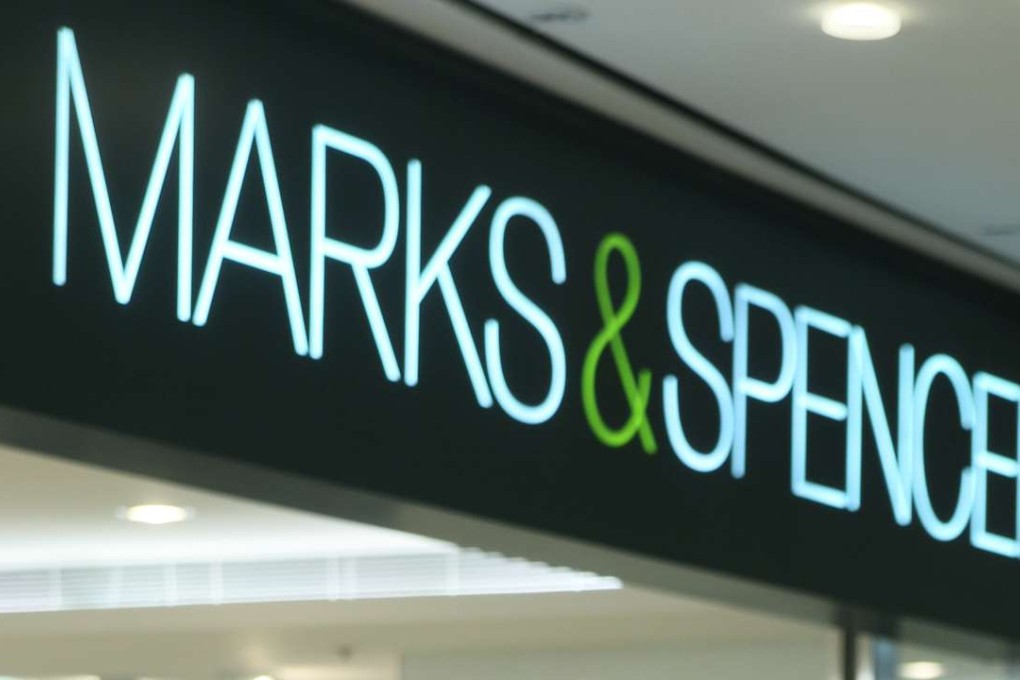Across The Border | Why foreign companies are shutting shop in China
Sony Electronics, Marks & Spencer, Metro, Home Depot, Best Buy, Revlon, and L’Oreal – some of the big names to have closed Chinese operations

US-based Seagate, the world’s biggest maker of hard disk drives, closed its factory in Suzhou near Shanghai last month with the loss of 2,000 jobs, in a move that has rekindled fears that China is becoming increasingly hostile towards foreign firms operating in the country.
A passionate speech presented by Chinese president Xi Jinping at the World Economic Forum meeting in Davos in early January had been hoped to address the issue, and reassure investors that China’s remained open to foreign investment.
Xi defended globalisation and promised improved market access for foreign companies, a positive sign seen by many that China is still sticking firmly to its opening up policies, first rolled out by late leader Deng Xiaoping in the 1980s.
Panasonic, for instance, stopped all its manufacturing of televisions in the country in 2015 after 37 years of operating in China.
China doesn’t need foreign companies so badly now in terms of acquiring advanced technology and capital as in previous years, so of course, the government is likely to gradually phase out more of these preferential policies for foreign firms
When it first opened in 1979, the Japanese home electronics corporation was the country’s first foreign firm, tempted by generous benefits not offered to its Chinese competitors, including lower taxes and land prices and easier access to local governments.

